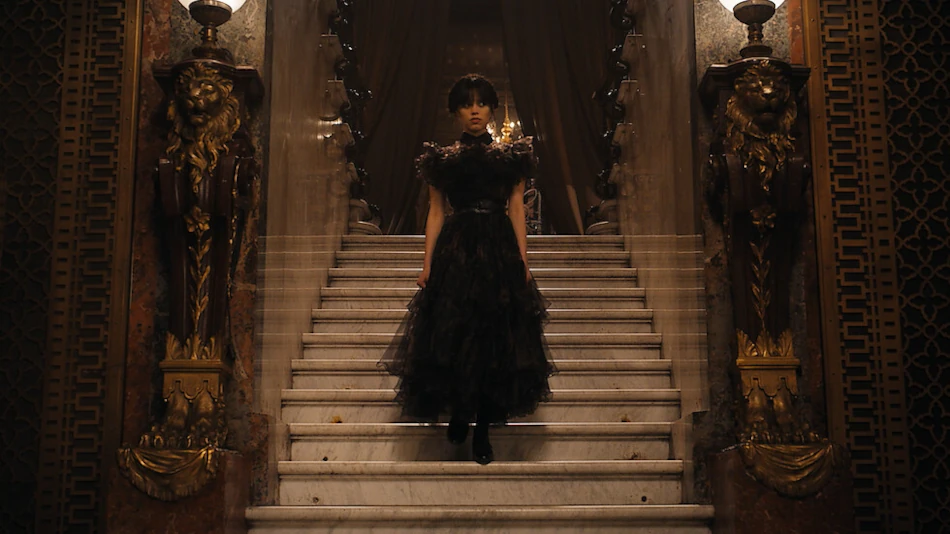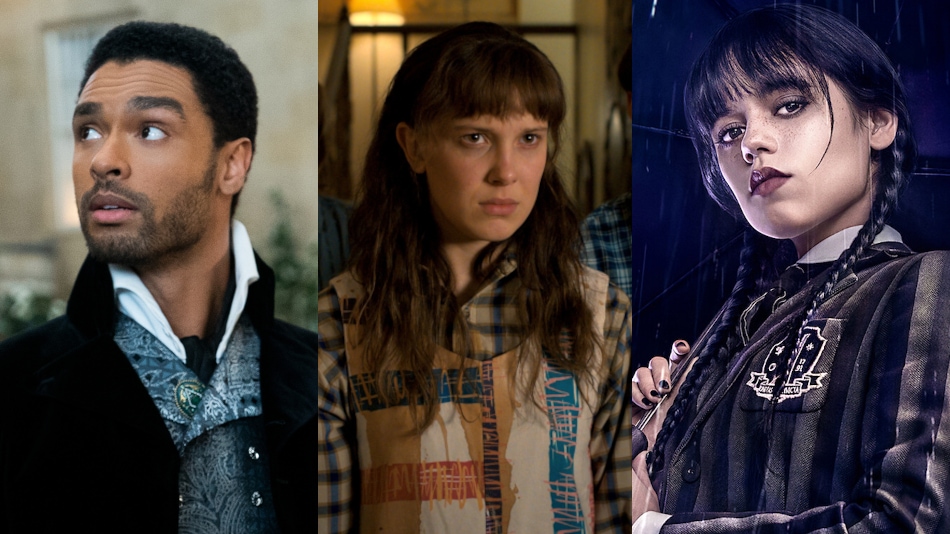Many actors have the goal of getting onto their favourite Netflix shows, but unless you have an agent, it can be quite difficult to even get an audition. But whilst being difficult, it’s definitely not impossible. Many actors have landed auditions and even roles for Netflix productions before they had agents.
The main way to audition for Netflix without an agent is by creating a relationship with the Casting Director directly. The best way to do this is by becoming the solution to their casting problem. Casting directors want to hire the best person for the job, if you’re that person, you’ll get the job whether you have an agent or not.
An agent can definitely help with getting auditions, but if you’re smart in your approach, it’s definitely possible to audition for Netflix without one. Having solid relationships with industry professionals, especially casting directors, is a huge advantage in this industry. Once a casting director knows what you have to offer, and that you’re a reliable performer, they’ll call you in for auditions regularly.
Table of Contents
Research

The first thing we need to do is research. If there’s a specific show you’re looking to audition for, go to IMDb and find out who did the casting. This doesn’t always mean that they’ll be the ones casting the next season, but it’s a good place to start. It’s also useful to find out whether the show has been renewed for another season. We all know how often new shows get canceled nowadays, so try to find this out before contacting anyone.
You’ll also want to research the casting director themselves. Find out what else they’ve worked on. Casting Directors for Netflix work on multiple shows and films, both on Netflix and elsewhere, so there may be others that you like also. This is really good information to know not only for the short term but for getting an overall understanding of who’s doing what within the industry. Over time you’ll start to find patterns, and you’ll see which casting directors have good and ongoing relationships with certain production companies and directors.
Take Control of Your Acting Career
Learn to build a consistent and sustainable career in the entertainment industry!
Find out if they’ve done any interviews or podcasts, these are great resources to get to know casting directors and put a personality to the name. It can be scary for some when first reaching out to these people, but watching interviews with them helps you realise they’re just normal people and helps you get to know what they like and how they prefer to be contacted, etc. Their websites are also really good resources for this.
Build a Portfolio

Before putting yourself in front of a casting director you need to ensure that you present yourself as a professional. This definitely doesn’t mean faking credits on your resume (please don’t do this!) It just means preparing the materials that professionals will have. Here are the main three:
1. Headshots
The first and arguably most important part of an actor’s portfolio will be their headshots. In most cases, the first thing a casting director will see of you before they see your resume or your awe-inspiring talent is your headshots.
It’s no secret that headshots can get expensive, and it may be tempting to ask your “friend with a camera”, or even a new iPhone to take your headshots. But I highly suggest that you resist that temptation and get them done by a professional acting headshot photographer. There will be a difference and the casting director will notice. You don’t have to get the most expensive headshots around, just do your research and find a photographer you like.
2. Resume / CV
Many actors, when they first start acting, worry that their resumes will look empty, but this isn’t something you should worry about. Casting directors aren’t expecting a resume that’s thicker than a script. They just want to know about you!
An actor’s resume is mainly used to show their physical characteristics, skills, training, and acting credits. But if you’ve not had any professional experience yet, it’s more than acceptable to revolve your resume around the training you’ve had, whether it be drama school, workshops, or classes. This will show that you’re taking it seriously but are just starting out. A thin resume is much more effective than no resume.
3. Showreel
Thirdly, it’s incredibly important that a casting director sees you perform. The reality is, you’re not going to get an audition (especially for Netflix) unless the casting director knows that you can act. If your name isn’t Meryl Streep, you’ve not been on TV, and you can’t get a casting director to come to your theatre shows, then a showreel is where you prove yourself.
It’s okay if you don’t have any professional credits to use for a showreel. Instead, pick a monologue and record a self tape (a video audition), and use that as a showreel. It will have the double benefit of showing what you can do, and (if you learn to self-tape well) you’ll prove to the casting director that you won’t send them something unprofessional if they take a risk on you.
Oh, and if your name is Meryl Streep then… uh… hi!
Know your USP

In order to solve the casting directors casting problem, it’s important to know what your unique selling point (USP) is. Your USP is something that sets you apart from the crowd. It doesn’t have to be something completely unique, where you’re the only one in your country that can do it. But it should be something that not everyone can do or can say they’ve done. This could include musical abilities, languages you speak, physical characteristics, or even a past corporate career path.
Your USP won’t be important for every role, but if a casting director is looking for a woman that has first-hand law experience and you just so happen to have a law degree, then that would be a huge benefit and something that’s definitely worthy of telling the casting director.
Even if you don’t get an audition right away, they’ll be more likely to remember you moving forward because you have a unique selling point to remember you by, and you can be sure when they do need a woman with law experience, you’ll be the actress they call.
Contact The Casting Director

Once you’ve researched the show & casting director, got your portfolio together, and figured out whether you have any USPs that are relevant to the projects they’re working on, it’s time to give them an email. I’d highly recommend you check out our other blog post on this topic where we show some examples of good and bad casting director emails. These emails could be the difference between getting an audition and not getting one.
Don’t call. Don’t send a letter. And definitely don’t spam their DM’s. Letters are too slow and often thrown away, calls are useless as you can’t send your portfolio over the phone, and it goes without saying that spamming their DM’s is just plain unprofessional (unless they’ve specifically requested you contact them this way). Casting directors will often store and refer back to emails in order to find actors, so this is definitely the best way.
There are no hard and fast rules for emailing casting directors, but from my own personal experience, I’d recommend you keep it short. They don’t need a life story, so tell them a little about who you are, why you’re contacting them, and any interesting details like your USP, your training, or any shows you’re currently in. Then give them links to your online resume and headshots, and include the link to your showreel or self tape so they’re able to see you perform.
Don’t Follow Up Too Soon

The chances are, you won’t receive a reply, but that doesn’t mean that your work has gone in vain. Casting directors are extremely busy and they receive hundreds of emails per day, so it can take time for them to go through them.
It’s also a game of timing. There’s no way of truly knowing if you’re the answer to their prayers at this given time. They may not be casting a role that you’re suitable for right now. But that doesn’t mean that you won’t be in the future. Move on and don’t spam them with 5 more emails.
How Often Should You Email A Casting Director?
There’s no rule for how often you should email a casting director and it really depends on the circumstances. What is usually recommended though is that you email them whenever you have something interesting or useful to share.
If you’re working on a new project or if you’ve received new headshots and would like to share them, these are great excuses to get in contact with a casting director. Other than that, every few months is a good estimate. You want them to remember you, but not for being annoying.
Good luck and happy auditioning!








